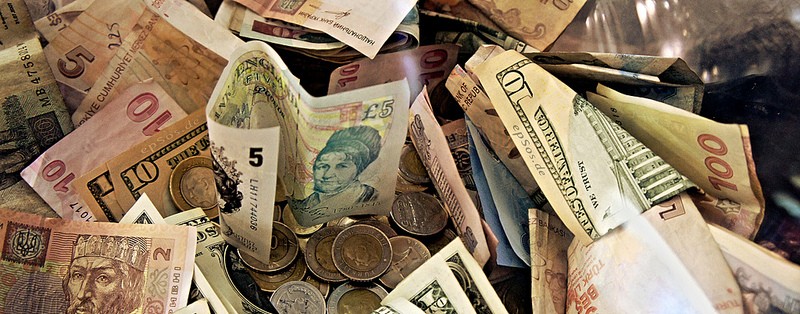The World Cup was not the only event of global significance to take place in Brazil this summer. The leaders of Brazil, Russia, India, China and South Africa met in the city of Fortaleza and announced the formation of two new financial institutions. One is the New Development Bank (NDB), which will finance “sustainable development” projects, with an eventual $100 billion in capital. The second is the Contingent Reserve Arrangement (CRA), which will make $100 billion available to lend to members in financial distress.
If these stated aims seem familiar, they should: they copy the missions of the Bretton Woods “Twins,” the World Bank and the IMF. Why, then, would we need another set of institutions with these mandates? A possible answer could be that these institutions will operate on a smaller scale, and therefore fill a gap between national organizations and international ones. The principle of subsidiarity states that decisions should be made at the appropriate level, i.e., national policymakers address domestic needs, regional organizations deal with issues of regional relevance, and international institutions address global problems. In this case, it might be argued that these middle-income nations are better able to make decisions on their level than in a larger forum.
However, economic efficiency is not what is driving this process. The new organizations are a response to the breakdown of quota reform at the IMF and the World Bank. A visitor to Beijing, as I recently was, will hear the complaints that the U.S. government, by not passing the measures needed to implement the reform measures, is frustrating the aspirations of the emerging market nations. Attempts to explain the inaction as the result of domestic politics are dismissed as self-serving justification.
It is difficult not to be sympathetic to these complaints. There is no reason why the long-overdue reallocation of quotas should not proceed. The governments of the emerging market economies have long been promised that an adjustment of their positions would be made, but there was always a procedural hurdle to be cleared. Now, when the world’s governments (including the Obama administration) agree on the particulars, a new reason for inaction appears.
Of course, there are details to be worked out for the new bodies. Who is eligible to borrow from the new development bank? Will it seek to compete with the World Bank by offering more money/fewer conditions? Will there be political “litmus tests” for would-be borrowers?
The new currency arrangement resembles the Chiang Mai Initiative Multilateralization (CMIM), an agreement on currency swaps within Asia, which has been viewed as a complement, and not a substitute, for the IMF. Moreover, as under the CMIM, a country that wants to borrow more than 30% of the maximum access allocated to it would also have to enter an arrangement with — the IMF! The world, it seems, is not quite ready to cast off the Fund.
But it would be wrong to underestimate the significance of the establishment of these institutions. They are the result of the continuing clash between the G7 countries and the emerging market nations that see themselves as perpetually marginalized within the Bretton Woods institutions. While economic growth in China may be slowing and India continues to strive to accelerate its pace of development, the size of these and other countries in Asia, Africa and Latin America ensure that they will become more dominant over time. If they are frustrated within the traditional bodies of international economic governance, they have the capacity to establish their own forums.
However, economic and financial instability does not respect political camps. Their avoidance are international public goods, requiring cooperation from the full range of nations. A breakdown in global governance only leaves the international economy more vulnerable to volatility that can sweep across borders, as we learned in 2008-09. Perhaps the biggest question about the new organizations is whether they will strengthen the resiliency of the international financial system. It may take another crisis to learn the answer.


“The new organizations are a response to the breakdown of quota reform at the IMF and the World Bank” Well to me this seems to be only a surface effect. Underneath there is also large resentment against the US hegemonial policies, where it uses its dollar dominance as a military and economic weapon (at least countries like Russia and China are likely to see it that way). There is a process, gathering momentum by the day, of replacing the dollar and therefore all the institutions that go with it, with alternative currencies or baskets. Had the US understood their role as the anchor of the world monetary system as a position of stewardship, they would have lived happily ever after. But after Nixon’s taking the dollar off the gold standard, instead of taking measures to make this a provisional thing, the US used this to increase its indebtedness to proportions never before seen in human history. The Chines as holding the largest stash of US government paper are especially vulnerable and the US does little to assure any of its creditors that it will not eventually default.